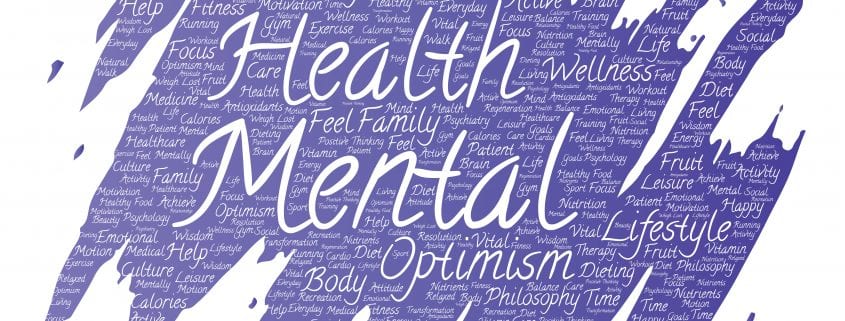COVID-19 and Your Mental Health
As of March 11th the World Health Organization officially declared the coronavirus a pandemic issue. The word pandemic itself can result in mass hysteria. There are several feelings that can arise amidst the world’s current situation. Take note of your feelings such as fear, worry, anxiety, frustration, uncertainty, loneliness, depression, anger, and boredom. These feelings can occur with just a though, such as the health and well-being of yourself and loved ones. Simply not knowing, can trigger any of these feelings. In these moments, it is important to take notice and act. Here are some ideas to help ground yourself:
Educate yourself to the procedures and measures that our leaders have put in place to assist in the prevention of the spread of disease.
Social Distancing – Social distancing is a way to keep people from interacting closely or frequently enough to spread an infectious disease. Schools and other gathering places such as movie theaters may close, and sports events and religious services may be cancelled.
Quarantine – Quarantine separates and restricts the movement of people who have been exposed to a contagious disease to see if they become sick. It lasts long enough to ensure the person has not contracted an infectious disease.
Isolation – Isolation prevents the spread of an infectious disease by separating people who are sick from those who are not. It lasts as long as the disease is contagious.
Stay up to date on what is occurring from reliable resources such as the CDC (Center for Disease Control), WHO (World Health Organization), and the local Public Health Department.
Understand the risks of actions or ideas. Knowing how decisions can impact your health or others is one step to keeping you informed and making informed decisions.
As humans we thrive on socializing and with the new implementation of quarantine worldwide it has made the essence of life difficult. Utilize technology to stay in touch with loved ones via phone call or facetime. Let them know your thoughts and feelings on the current situation.
Set limits to screen time, reading, social media, news, talking to loved ones and hobbies. Know yourself in regards to the content you entertain yourself with and how it makes you feel. Try not to partake in activities that can be overwhelming.
All we have is time on our hands during this pandemic, so take time to just be still and quiet for a minute or two. To get the best out of this action, turn off or silent all music, TV, and phones. Take deep breaths inhaling and exhaling for 1 full minute.
If you are in need of a change of scenery, try to enjoy your neighborhood and nature daily with 15 minute walks.
If you are feeling over-stimulated another option is to try meditation and chanting, which can be very self-rewarding.
Having the sensation to keep occupied is quite common. Take this opportunity to take care of all the neglected to do lists for the house or yard.
It is important to stay healthy and one of those ways is to eat a healthy meal. Everyone loves a good meal, especially a tasty one. Refocus your worries on creating a well thought out meal.
Although every idea of this invisible disease feels so surreal, it is definitely uncontrollably real. It does have major impacts on us all. There is an end to the pandemic, which will also feel so surreal as well. Once that happens it is best to prepare and educate yourself about the disease, and sharing your educational experience with others can be helpful as well. This will help ease the coping transition for reconnection with loved ones.
If you or your loved ones experience signs or symptoms of depression such as:
- Trouble sleeping
- Problems with eating too much or too little
- Inability to carry out routine daily activities
- Using drugs or alcohol to cope
It is essential to connect with a healthcare professional. South Sound Behavioral Hospital is always here to help.


